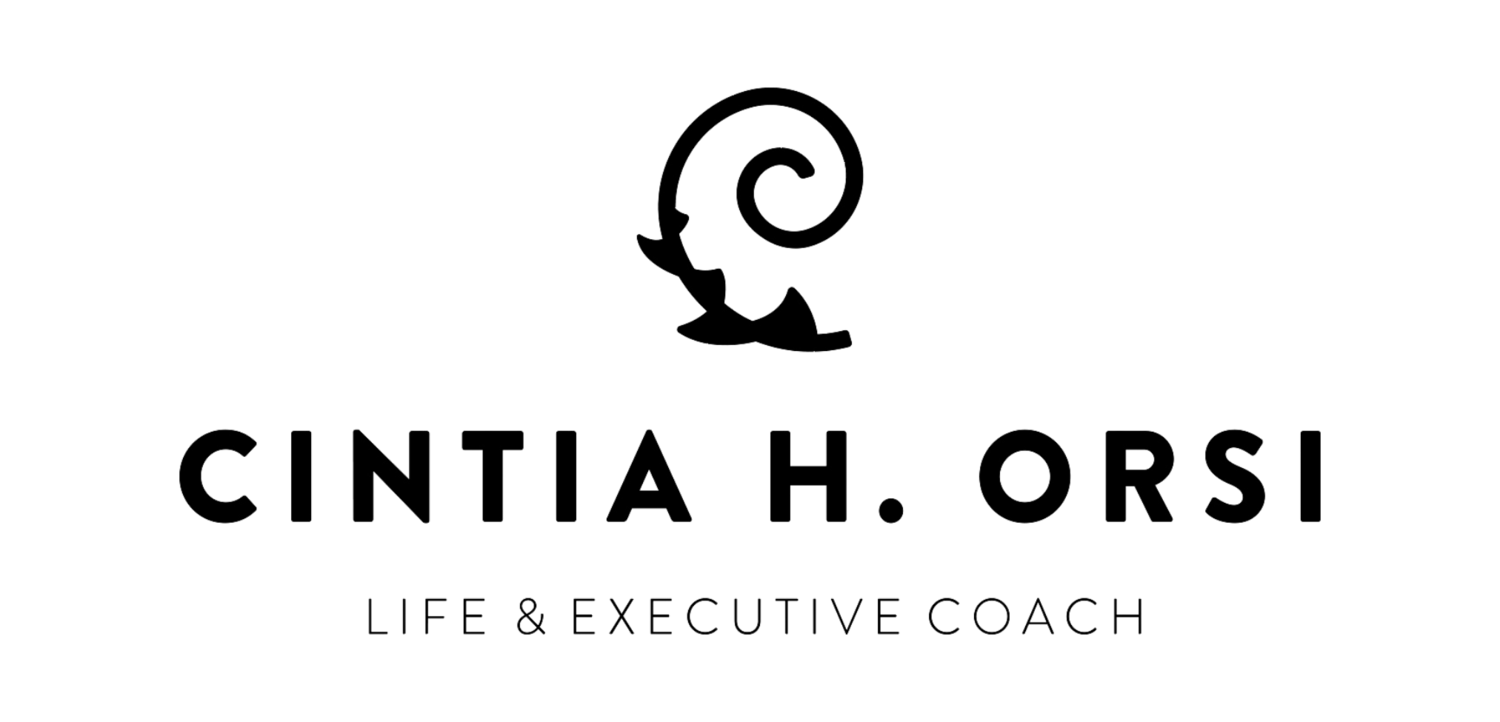Good habits that flourish
You are good at doing something. Good or bad, you know what you do well. Some may say that you can do it very easily, effortlessly, naturally, that you don't even notice, let alone be aware of the process that led you there!
I opened my inbox today, and the first thing I read was an article in the Science session, coronavirus coverage, of National Geographic, telling the story of the scientific journey that culminated in the first wave of Covid-19 vaccines. It is a fascinating collaborative scientific breakthrough that by itself is worthwhile to know. But for me, more enlightening was the researcher's realization at the end of the article: "I have kind of felt like my whole career has been lining up for 'such a time as this,'" Graham said referring to the Book of Esther.
““I have kind of felt like my whole career has been lining up for ‘such a time as this,’” Graham said, referring to the Book of Esther. - They spent 12 years solving a puzzle. It yielded the first COVID-19 vaccines.”
Earlier on in the article, quoting the author: "Graham doesn't quite know how to answer when asked how it feels to have decades' worth of work contribute to rapidly developed vaccines that could save hundreds of thousands of lives amid a severe global pandemic. "That's not the way we usually think about it," he says. "I don't think you really think that much about your feelings until you get to certain milestones."
The focus of the scientists during decades was on their research, on the learning edge of their scientific field. Then the opportunity came for them to make a difference beyond their projects, beyond their initial goal.
When in your life have you felt like that? As if a cumulative effect goes unnoticed until it reaches a threshold that... you know it! Have you got a milestone? In Graham's case, their initial research purpose was not on the COVID-19 vaccine when they started their research more than ten years ago.
In which ways could we exercise this way of thinking when we ponder and commit to the habits in our daily lives?
What is important to you?
What is that you do that is not helping you? What do you choose to stop?
What is it that you want to get better at?
What emotions are triggered that prevents you to keep moving? And what emotions give you the traction to move forward?
The understanding of habit formation and the science behind it is broadly available nowadays. This is not today's focus, so I won't go into the concepts and benefits (if you are interested, see some references below). I choose to highlight five reminders and applications of what I consider to be critical for the great practice of habit formation:
Acknowledge that there is an emotional component attached to your old habit and be committed to letting go. Susan David in Emotional Agility talks about gentle acceptance and the thriving move towards discomfort, all in alignment with your deepest values.
Know yourself: recognize the old habits that are not helping you anymore and STOP! Once you do that, something else will have to occupy that space and time in your life! Make good choices for what that will be!
Keep learning about yourself and finding ways to apply them in your daily life. Coaches can help you with that. I highlight mental models that focus on the process of forming a new habit, such as intentional and recurrent cycles of action * reflection = learning by David B. Peterson
Small changes - James Clear (see reference below) writes about concepts to support new habits. Lessons are taken from various fields of study and focus on small changes.
A great coach can help you experiment with your learnings and apply new concepts and mental models to your daily life.
“Are you ready to be ready to contribute in “such a time as this”?”
"Therefore encourage one another and build one another up, just as you are doing." 1 Thessalonians 5:11 ESV
Gratefully,
For more learning:
About the existence of habits and its impacts:
Duhigg, C. (2012). The power of habit: Why we do what we do in life and business. New York: Random House.
Gretchen Rubin (2016) Better Than Before: What I Learned About Making and Breaking Habits--to Sleep More, Quit Sugar, Procrastinate Less, and Generally Build a Happier Life. Publisher: John Murray Press.
Clear, James. 2018. Atomic Habits: An Easy & Proven Way to Build Good Habits & Break Bad Ones; Tiny Changes, Remarkable Results.
Mindfulness and Coaching by Daniel Goleman
https://instituteofcoaching.org/resources/2017-conference-interview-daniel-goleman
David, Susan. 2016. Emotional Agility: Get Unstuck, Embrace Change and Thrive in Work and Life. . Penguin Books Limited.


